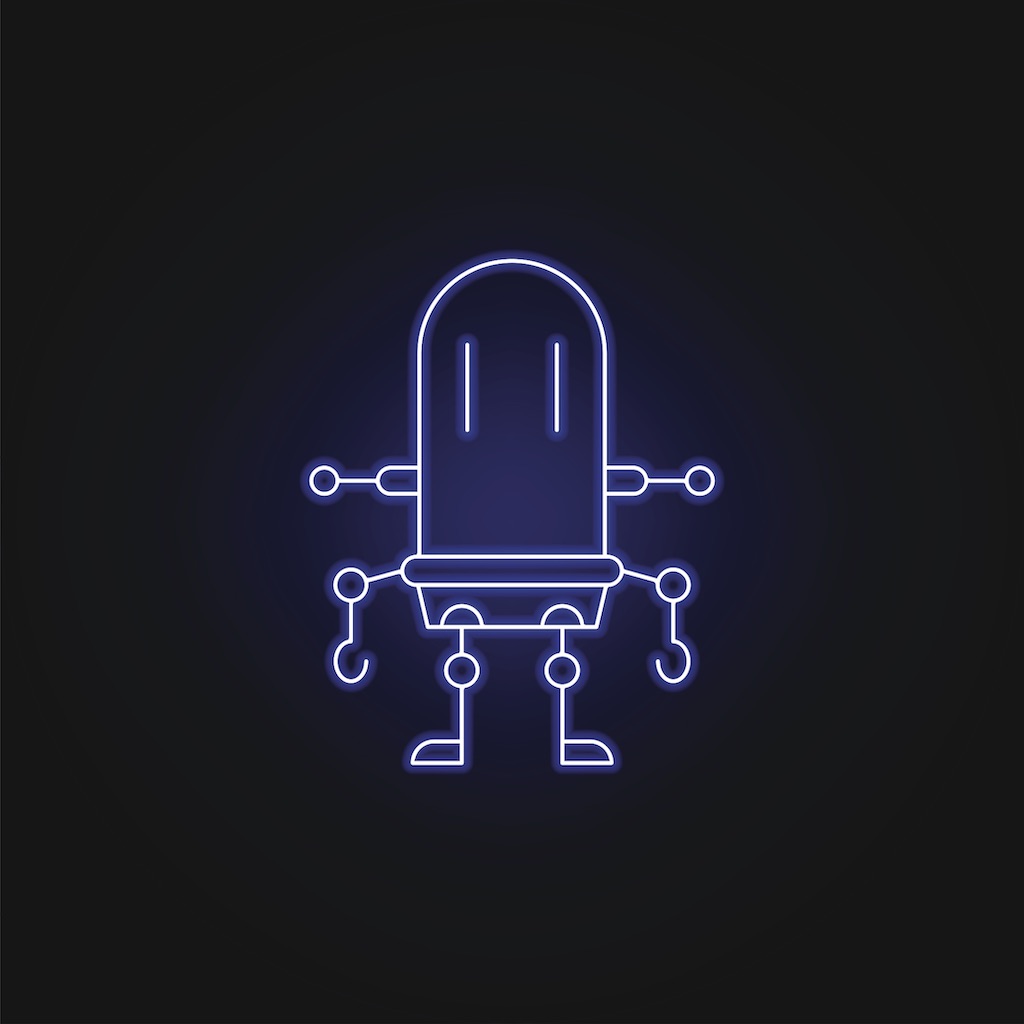1st Software Reactor Sprint
20-22 March 2019
Imperial College London and the Microsoft Reactor London
02 April 2019

Research Software Reactor
Save the date!
- Research Software Reactor 3 day sprint:
- Now! Submit a proposal for a case study (POC, research scenario) or join an existing project (see below for details).
- 20-21 May 2019 in Room 2.42, Royal School of Mines, Imperial College London.
- 22 May 2019 Microsoft Reactor, Shoreditch.
- Suggested accommodation.
- Mailing list
- Slack: see #cloudcomputing under ukrse.slack.com - join via https://rse.ac.uk/
- Register here!
- Agenda
Background
As part of the Microsoft EMEA Higher Education Summit meeting in Brussels in March 2019, members of the Research Software Engineering (RSE) community across EMEA held a round table discussion with Microsoft to explore ways of making Cloud more research friendly. While a diverse range of opportunities and barriers were touched upon, the key issue that dominated discussion was skills and training in the context of both RSE’s and the communities they support. Microsoft has created a vast repository of training material (on GitHub) and many learning pathways through that material. However, few of these have been created with the academic research community in mind.
Ideas and PR’s welcome!
The goal of the Research Software Reactor is for the RSE community and Microsoft to come together and fix this by creating a set of learning pathways specifically designed for the research community. These will be largely a composition of existing Microsoft Azure learning material but reframed to focus on a set of archetypal case studies taken from research. These learning pathways will be used by the research community as:
- Material for independent learning.
- Training material for other researchers and students.
All cases will focus on creating an end-to-end example and therefore will develop a fundamental understanding of cloud technologies, including:
- Azure Foundation in MS Learn.
- Generic solution materials.
- Teaching repositories based on scenario/POC solutions for RSEs to build on.
Learn by doing
The advantage to this problem-based-learning approach is that it provides motivational learning material to a wide research community whose first discipline is generally not computing. The approach also reflects the realities of the academic research environment where:
- Cloud in itself is not the objective – rather it is a means to get better results quicker in their research.
- RSE/RCA need to be able to help researchers deliver those results, as quickly and cost effectively, appropriately as possible.
Get engaged
The Research Software Reactor Sprint is being planned to appeal to RSEs from the broadest range of backgrounds. The first two days of the sprint will be held at Imperial College London and the third day and launch will be held in the Reactor London. A github repo has been set up to collect a wide range of proposals for case study that will be used in the sprint. We are reaching out to community for proposals and volunteers to review and identify appropriate range of workflows/research compute needs, reach the ‘long tail’ of research and representation across region. More generally these blueprints should sit within general framework delivering:
- Security (data)
- Authentication
- Costing
- Budget control and alerts.
- Service catalogue lead – from customer requirements.
- Extract/remove the research from the technical complexities.
- Easily deployable one click to install.
- End to End Process.
Adopt and adapt where possible, reuse, do not reinvent the wheel. Some examples:
- https://github.com/microsoft/computerscience
- https://github.com/Azure/DistributedDeepLearning/tree/master
- https://docs.microsoft.com/en-us/azure/architecture/reference-architectures/ai/batch-scoring-deep-learning
Material developed at the Research Software Reactor will be reused and extended at future events such as the German RSE conference in June.